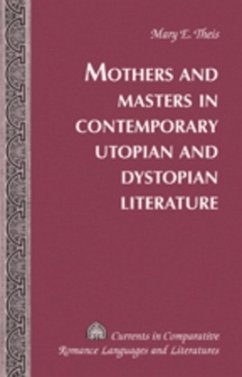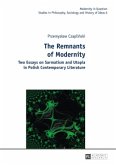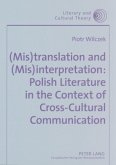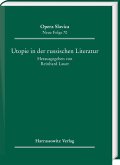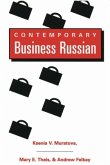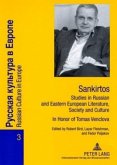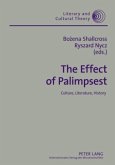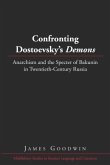Because advances made by science and technology far outstripped improvements in human nature, utopian dreams of perfect societies in the twentieth century quickly metamorphosed into dystopian nightmares, which undermined individual identity and threatened the integrity of the family. Armed with technological and scientific tools, totalizing social systems found in literature abolish the distinction between public and private life and thus penetrate and corrupt the very core of all utopian blueprints and visions: the education of future generations. At the heart of the family, mothers as parents transmit their diverse cultural traditions while socializing their children and thus compete with ideologically driven systems that usurp their role as educators. Mothers and Masters in Contemporary Utopian and Dystopian Literature focuses, therefore, on the thematic importance of this and other maternal roles for generic metamorphosis: the shift to dystopia invariably is signaled by the inversion of traditional maternal roles. The longevity of the utopian-dystopian literary tradition and persistence of the maternal model of human relationships serve as points of reference in this post-modern age of relative cultural values. Meta-utopian exploration of this thematic tension between utopia and dystopia reminds us that «no place» may not be home, but we need to keep going there.
Bitte wählen Sie Ihr Anliegen aus.
Rechnungen
Retourenschein anfordern
Bestellstatus
Storno

